Help! Grub worms eating vegetable plants.
lauradianne
9 years ago
Related Stories

GARDENING GUIDESHouzz TV: Make a Worm Bin for Rich Soil and Happy Plants
A worm-powered compost bin that can fit under a sink turns food scraps into a powerful amendment for your garden. Here’s how to make one
Full Story
EDIBLE GARDENSGarden BFFs? Why Your Vegetables Are Begging for Companion Plants
Foster friendships among plants for protection from pests, pollination support and color camaraderie
Full Story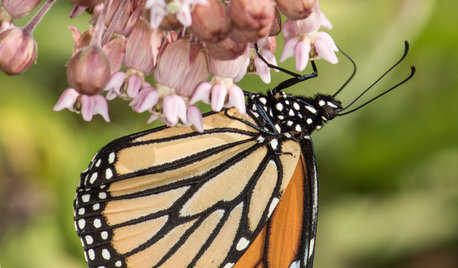
FLOWERS AND PLANTSHelp Monarchs and Other Butterflies by Planting Common Milkweed
Summer-blooming Asclepias syriaca is an important larval host plant for the monarch butterfly and attracts a number of pollinating insects
Full Story
GARDENING GUIDES12 Tips to Help You Start an Edible Garden
Get on your way to growing your own vegetables with a raised bed or a few containers on the patio
Full Story
MOST POPULARHow to Start a Cool-Season Vegetable Garden
Late summer and late winter are good times to plan and plant cool-season crops like salad greens, spinach, beets, carrots and peas
Full Story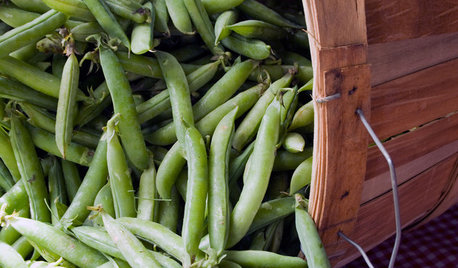
GARDENING GUIDES11 Favorite Edibles for Your Cool-Season Garden
Plant crunchy carrots, crisp radishes, tender peas and other vegetables for fall and spring harvests
Full Story
MOST POPULAR7 Ways to Design Your Kitchen to Help You Lose Weight
In his new book, Slim by Design, eating-behavior expert Brian Wansink shows us how to get our kitchens working better
Full Story
PETS6 Ways to Help Your Dog and Landscape Play Nicely Together
Keep your prized plantings intact and your dog happy too, with this wisdom from an expert gardener and dog guardian
Full Story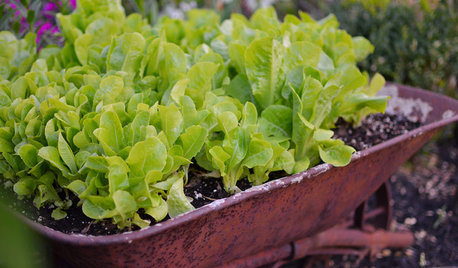
FARM YOUR YARDCool-Season Vegetables: How to Grow Lettuce
Leaf, butterhead, crisphead or romaine — lettuce is best harvested in the cool weather of spring and fall
Full Story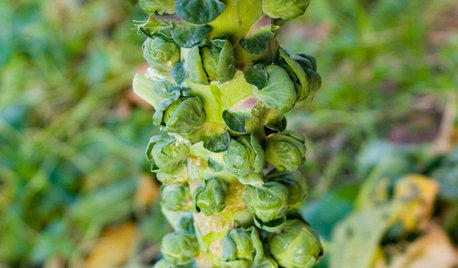
COOL-SEASON CROPSCool-Season Vegetables: How to Grow Brussels Sprouts
If you love 'em (you know who you are), fall and spring are the right times for planting these veggies in your edible garden
Full Story0
More Discussions







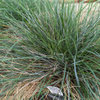
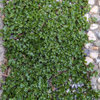
ken_adrian Adrian MI cold Z5
lauradianneOriginal Author
Related Professionals
Forest City Landscape Architects & Landscape Designers · Wakefield Landscape Contractors · Bedford Landscape Contractors · Berwyn Landscape Contractors · Cary Landscape Contractors · Hendersonville Landscape Contractors · Matteson Landscape Contractors · North Highlands Landscape Contractors · North Richland Hills Landscape Contractors · North Ridgeville Landscape Contractors · Rio Linda Landscape Contractors · Seven Hills Landscape Contractors · Tehachapi Landscape Contractors · Wareham Landscape Contractors · Okolona Stone, Pavers & Concretejean001a
Kimmsr
ken_adrian Adrian MI cold Z5
lauradianneOriginal Author
geosankie
lauradianneOriginal Author
geosankie
Kimmsr